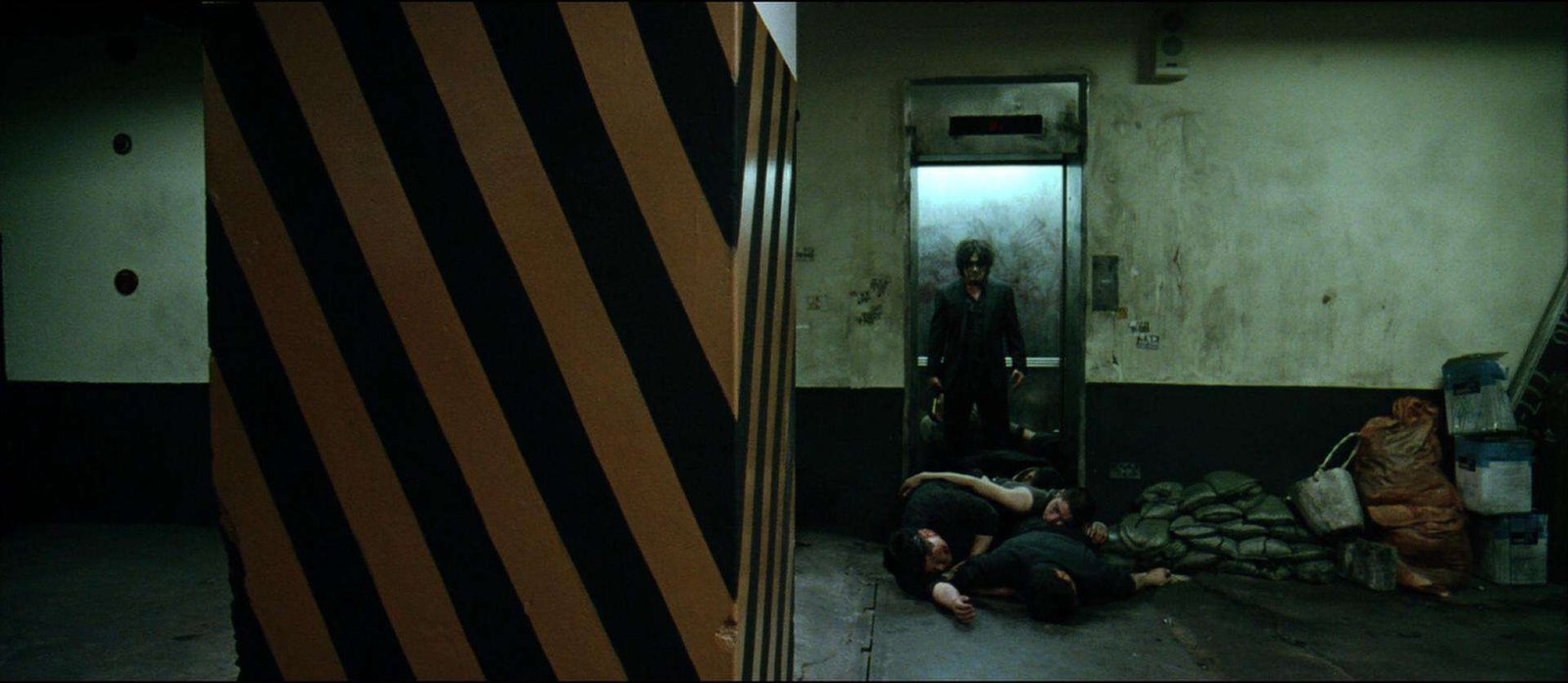korean new wave
est. late 1990s – now
The Korean New Wave is a transformative period in South Korean cinema that not only captivated audiences at home but also gained international acclaim. Marked by a departure from traditional filmmaking, this movement brought a surge of innovative, diverse and socially conscious films.
Origins of the Korean New Wave
The late 1980s and early 1990s marked a period of political democratization in South Korea, accompanied by the lifting of strict censorship and an increased emphasis on artistic freedom. As the nation transitioned from authoritarian rule to a more democratic system, filmmakers found themselves liberated from the constraints that had previously stifled creative expression.
South Korea experienced rapid economic growth during the same period, known as the Miracle on the Han River. This economic prosperity provided increased funding for the arts, including cinema. The improved financial support allowed filmmakers to try on the more ambitious projects with higher production values.
Urbanization, modernization, and the influx of Western cultural influences contributed to a shifting cultural landscape in South Korea’s society. Filmmakers, reflecting these changes, began to explore narratives about the complexities of contemporary Korean identity, societal norms and generational conflicts.

Characteristics of the Korean New Wave
The Korean New Wave is characterized by its exploration of diverse and complex themes, often delving into societal issues, historical traumas and the intricacies of human condition. Many films examined the complexities of family dynamics, shedding light on the hidden tensions, and emotional struggles concealed within Korean households. A recurring theme in the New Wave cinema was the critique of social disparities, illuminating the lives of the marginalized, and prompting viewers to confront issues of inequality and injustice.
Revenge served as a powerful motif in numerous films, highlighting the moral ambiguity surrounding the pursuit of vengeance. Certain directors, notably Park Chan-wook, incorporated visceral violence and psychological depth into their work. This departure from standard storytelling norms contributed to the “edgy” and unconventional nature of the Korean New Wave.
Numerous films explored themes of cultural identity, tradition, and the clash between old and new in South Korea. The tension between tradition and modernity became a rich source of storytelling.


Important filmmakers and films
Renowned for his visually striking and psychologically intense films, Park Chan-wook gained international acclaim with works like “Oldboy” (2003) and “The Handmaiden” (2016). His films usually feature themes of vengeance, morality, and human nature with the unique blend of style and substance.
Bong Joon-ho’s films, including “Memories of Murder” (2003), and the Academy Award and Palme d’Or-winning “Parasite” (2019), exemplify his versatility and social commentary. Bong’s ability to blend genre elements with profound storytelling has made him a central figure in South Korean cinema.
Known for his unconventional and often provocative films, Kim Ki-duk delves into the darker aspects of human nature. “Spring, Summer, Fall, Winter… and Spring” (2003) and “3-Iron” (2004) are notable examples of his contemplative and visually striking work. His approach to filmmaking has earned him both acclaim and criticism, making him one of the most enigmatic figures in cinema.
In addition to these three filmmakers, Lee Chang-dong, with films like “Peppermint Candy” (1999) and more recent “Burning” (2018), offers poignant social commentary through meticulously crafted narratives, and are celebrated for their exploration of relationships and human behavior.

Global Recognition and Legacy
The Korean New Wave gained great international acclaim, with South Korean films finding success at major film festivals and attracting a growing global audience. Directors like Bong Joon-ho achieved milestones by winning prestigious awards, including the Palme d’Or at Cannes and multiple Oscars for “Parasite”. The movement changed perceptions of South Korean culture on the global stage, generating interest in Korean cinema, and paving the way for increased cultural exchange. South Korea’s film industry became a key player in the global market, influencing filmmakers worldwide.
As its predecessors Hong Kong and Taiwanese New Wave, it stands as a cinematic revolution that not only revitalized South Korean cinema but also contributed significantly to the diversity and innovation of Asian and global filmmaking. Through its unique storytelling, thematic richness and international success, the movement has cemented its place in history of cinema.
Refer to the Listed Films for the recommended works associated with the movement. Also, check out the rest of the Film Movements on our website.
